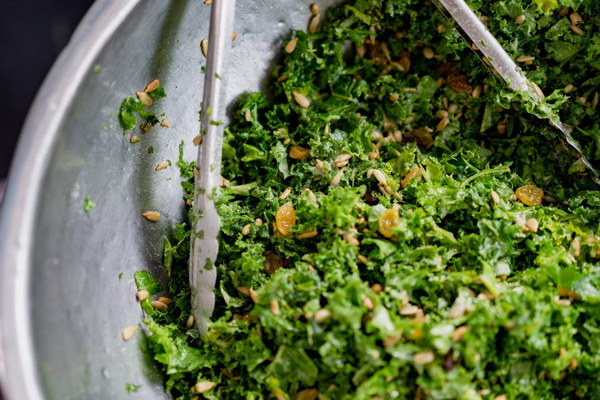Nurturing Liver Health Tips for Middleaged Obese Individuals to Preserve their Liver Wellbeing
In the midst of the modern lifestyle, many middle-aged individuals find themselves battling the challenge of obesity. Unfortunately, this condition often brings along a host of health issues, including liver problems. The liver is a vital organ responsible for detoxifying the body, producing bile, and storing glucose. When it comes to middle-aged obese individuals, taking care of their liver is of paramount importance. In this article, we will discuss some practical tips to help you nurture your liver health and maintain its well-being.
1. Maintain a Healthy Diet
A balanced and nutritious diet is the foundation of liver health. For middle-aged obese individuals, it is crucial to consume foods that are rich in vitamins, minerals, and antioxidants. Here are some dietary recommendations:
a. Increase your intake of fruits and vegetables: These are packed with essential nutrients and antioxidants that help protect the liver from oxidative stress.
b. Choose whole grains: They provide fiber and help you feel full for longer, reducing the risk of overeating.
c. Incorporate lean proteins: These include fish, poultry, and legumes, which are beneficial for the liver.

d. Limit processed foods and sugary drinks: These high-calorie, low-nutrient foods can exacerbate liver inflammation and obesity.
2. Control Your Weight
Obesity is a significant risk factor for liver diseases such as non-alcoholic fatty liver disease (NAFLD) and liver cancer. To maintain a healthy liver, it is essential to control your weight. Here are some tips to help you achieve this:
a. Engage in regular physical activity: Aim for at least 150 minutes of moderate-intensity aerobic exercise or 75 minutes of vigorous-intensity aerobic exercise each week.
b. Set realistic weight loss goals: Consult with a healthcare professional to determine a safe and achievable weight loss target.
c. Monitor your calorie intake: Keep a food diary to track your daily calorie consumption and adjust your diet accordingly.
3. Limit Alcohol Consumption
Alcohol is a well-known liver toxin. Excessive alcohol consumption can lead to liver inflammation, fibrosis, and cirrhosis. To protect your liver, it is essential to limit your alcohol intake. Here are some tips:
a. Avoid binge drinking: Drink in moderation, and never exceed the recommended daily limits for alcohol consumption.
b. Choose healthier alternatives: Opt for non-alcoholic beverages, such as herbal teas, infused water, or sparkling water with a twist of lemon.
4. Get Adequate Sleep
Sleep plays a crucial role in maintaining liver health. During sleep, the liver cleanses and repairs itself. To ensure optimal liver function:
a. Aim for 7-9 hours of quality sleep each night.
b. Establish a consistent sleep schedule by going to bed and waking up at the same time every day.
c. Create a relaxing bedtime routine to unwind and prepare your body for sleep.
5. Manage Stress
Chronic stress can lead to increased cortisol levels, which may contribute to liver inflammation. To manage stress and protect your liver:
a. Practice relaxation techniques, such as meditation, deep breathing, or yoga.
b. Engage in hobbies or activities that bring you joy and relieve stress.
c. Seek support from friends, family, or a professional therapist if needed.
In conclusion, middle-aged obese individuals must prioritize liver health to mitigate the risks associated with obesity. By maintaining a healthy diet, controlling weight, limiting alcohol consumption, getting adequate sleep, and managing stress, you can nurture your liver and improve your overall well-being. Remember, it is never too late to make positive changes in your lifestyle and protect your liver from potential harm.








